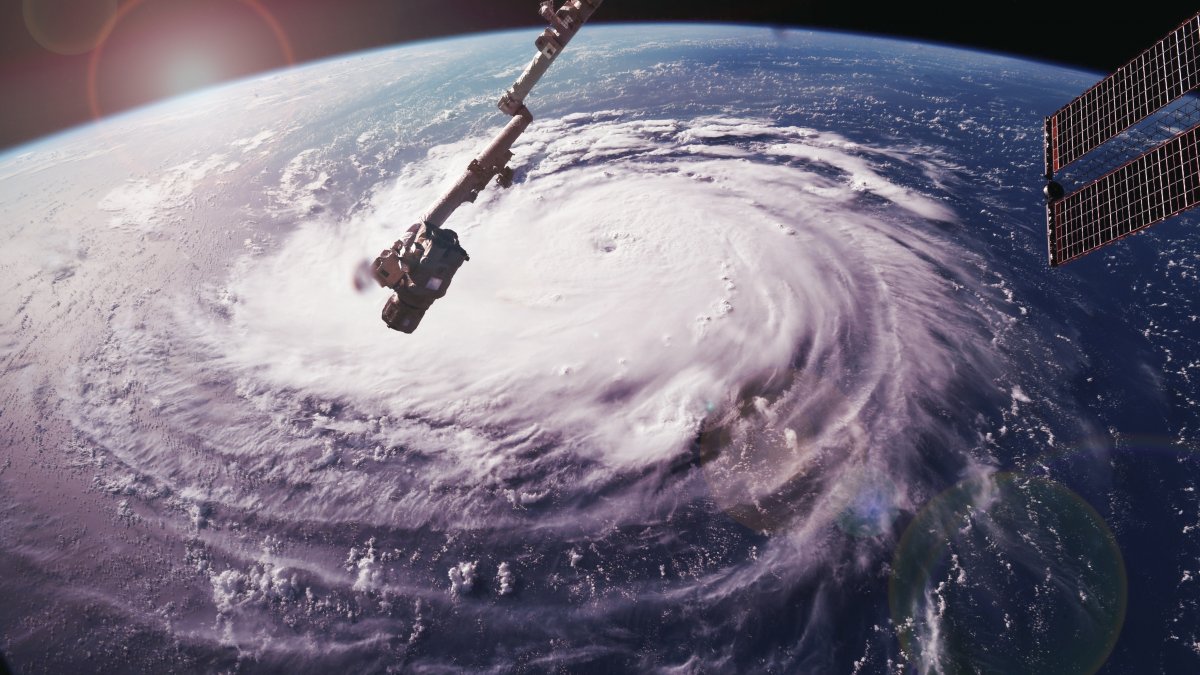Cyber criminals could find Starlink satellites irresistible
Satellite mega-constellations, such as SpaceX Starlink, are the next frontier in space and could become an irresistible target for cyber-attacks, argues a new review from the University of Surrey.

The upcoming era of ‘new space’ will see the industry driven by private companies, instead of nation states, and will result in innovative services and applications thanks to mega-constellations of smaller low-cost satellites.
In a new article, researchers from the Surrey Centre for Cyber Security and the Surrey Space Centre, in collaboration with the global cyber security and risk mitigation organisation, NCC Group, reviewed over 70 satellite security incidents and identified major cyber security threats against future satellite control and communications systems.
The team’s analysis outlined challenges and research objectives for cyber security in the era of new space, such as the need for lightweight security protocols and key management solutions, distributed control mechanisms, reliable and fault-tolerant software, tamper-resistant hardware-based protection, security protocols for satellite positioning and intersatellite communications.
The Surrey team found that the lack of proper security analysis of deployed systems and protocols, coupled with the prevailing ‘security-by-obscurity’ mentality represents a major threat and an obstacle to a secure and safe operation of future satellite constellations. The ground station seems one of the easiest attack targets, yet the team’s review found that risks associated with direct attacks on satellites via the ground station are very real.
Dr Mark Manulis, co-author of the paper and Deputy-Director of the Surrey Centre for Cyber Security at the University of Surrey, said: “We are entering an incredibly exciting era of satellite technology that could bring fast broadband to very remote areas of the world, improve sustainability with new data collected from Earth observation, and enable intelligent transportation and autonomous driving in future smart cities. However, it is important to make sure that satellites launched today will remain secure and resistant to cyber-attacks as their vulnerabilities may cause chaos in space and harm humans on earth”.
Andy Davis, co-author of the paper and Transport Assurance Practice Director at NCC Group, said: “The satellite industry has, in recent years, started to implement more and more creative uses for space-based assets. It is extremely important that as more connectivity and complexity is added, the satellite industry keeps resilience front of mind and puts in place secure manufacturing and design processes throughout the development lifecycle.”
Featured Academics
Media Contacts
External Communications and PR team
Phone: +44 (0)1483 684380 / 688914 / 684378
Email: mediarelations@surrey.ac.uk
Out of hours: +44 (0)7773 479911

